I went sugar-free for a month, so you don’t have to find out for yourself that rice cakes actually have flavour
After graduating university I thought I’d also graduate out of my bad eating habits. I believed quitting sugar would be the final change to fix my cravings. But it didn’t quite have the miraculous cleansing effects I was hoping for.
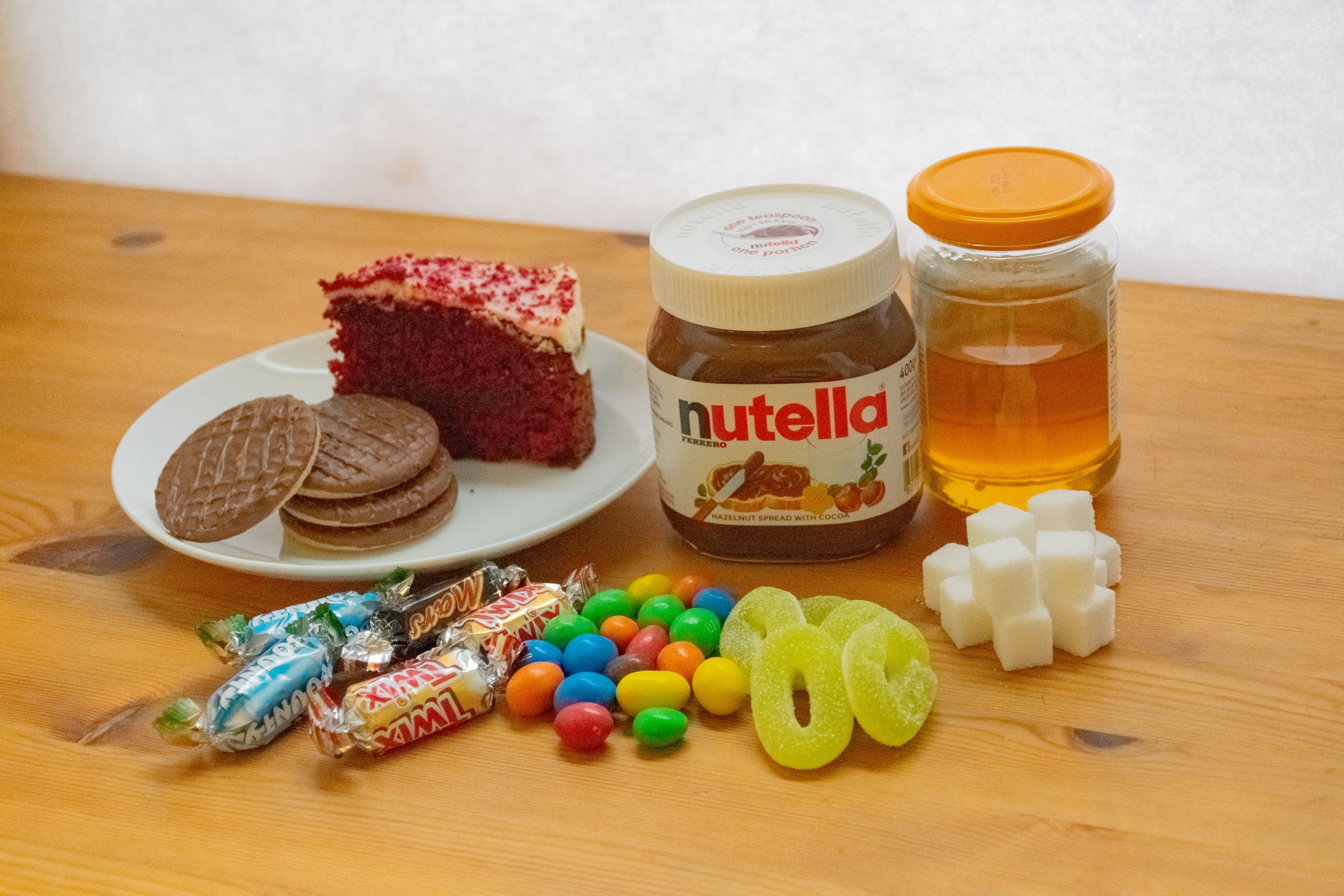
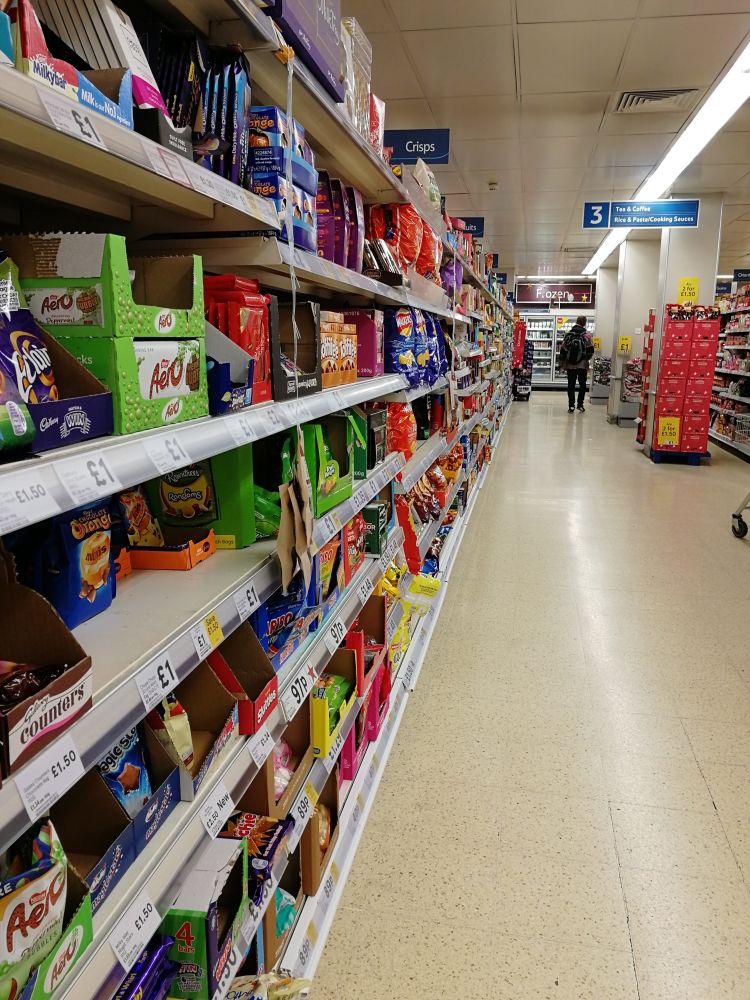
Atop every food pyramid, ruling tyrannously over the snack world and waiting around the corner of every diet, there is sugar. It is a demon who keeps all of us under its yoke. No-one can escape it – it will always get you back under its spell with its sweet promises. We know it is bad, the worst of the carbs, able to transform into fat. It’s almost as if we are all hypnotised, but are we truly addicted to sugar?
I put this belief to the test. For a full month I went sugar free. That meant no sweets or chocolate, no sugary drinks, and nothing that had sugar listed in the ingredient list, so no added sugars. Also, I removed alcohol from my diet and natural sugars like honey and agave nectar, because even though they technically don’t have any added sugars, they are 80% sugar. The only sweet treats that I allowed myself were fruit and fruit juice from concentrate.
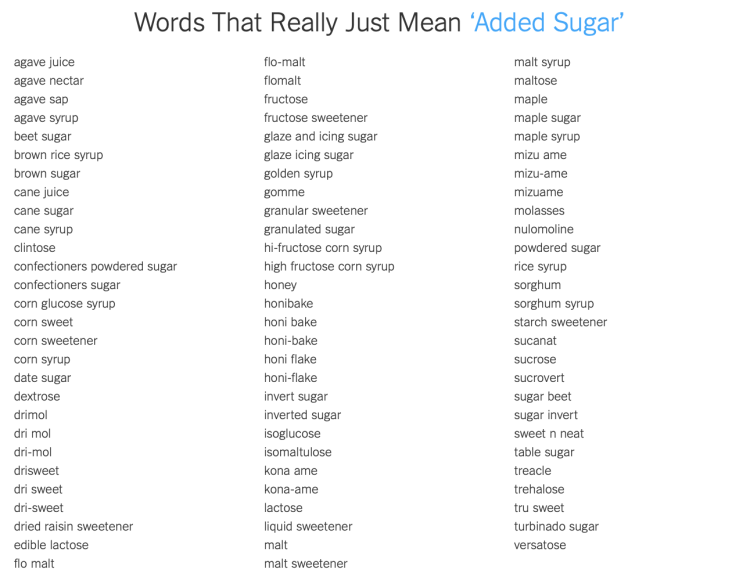
I actually had wanted to do this challenge for a very long time, but, as for every diet, there is never a good time to start. I had just found a very good food routine and a meal plan that fitted around my schedule perfectly. I didn’t want to have to rethink every single meal, look through the ingredient list of every item I had in my kitchen and come up with new ideas for meals and snacks. Because if there is one annoying thing about sugar, it’s that it is literally in every packaged food you ever bought from a supermarket.
I challenge you to go to your kitchen right now, pick-up a random thing from your pantry, look at the ingredient list and see if there is sugar in it. In most processed food you will find that there is, usually at the end of the list and maybe labelled as sucrose or dextrose, or one of the other hundreds of ways that the food industry has found to hide what is essentially sugar into what we eat.
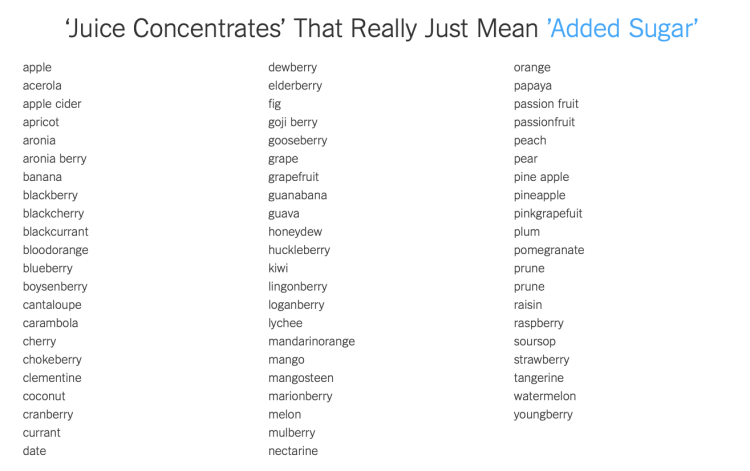
During this month, eating out and relying on ready-meals was just not an option. I had to make everything myself to know exactly what went into my food. I went as far as baking my own bread, making my own sugar free jam to put on the bread, and boiling vegetables for ours to make my own stock, because apparently there is sugar in that too.
Breakfast was probably the hardest meal to replace. I am cereal kind of person and there is absolutely no breakfast cereal which does not have sugar in it. I had to turn to plain oats with fruits and nuts, and I am not kidding when I say that, at the end of the month, I was actually starting to feel some flavour in them. Rice cakes too became one of the tastier snacks I was allowed to have.
In the first half of the experiment, shopping trips took way longer than I was used to, just because of the hassle of having to check every item for sugar before putting it in my cart. Through this process tough I realised just how much sugar is in everyday things. You wouldn’t think baked beans needed a whole seven grams of sugar in them or that actually raisin granola has less sugar than the chocolate version, or that “low-fat” just means “more added sugars”.
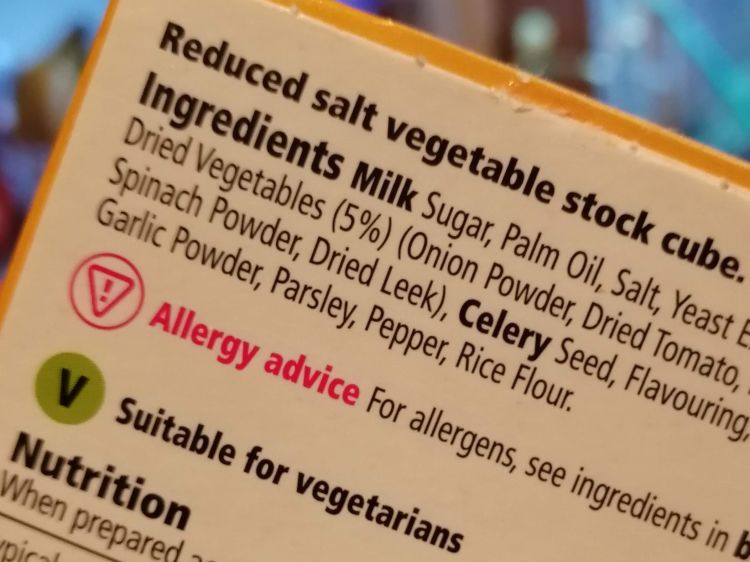
I also started noticing how much unhealthy food the people around me were consuming. I am sorry to all my friends for being extremely annoying for that month and making them feel awful about the 23 grams of sugar they were drinking with their Ribena. But that is eight whole sugar cubes! Isn’t that insane?
The figures went to my head and I started seeing everything as the grams of sugar it contained. I also started to feel sad and quite worried that I only found out all these facts about sugar by doing this challenge. Nobody ever mentioned this in school. Nobody ever taught me the science behind the effects of sugar on our bodies. Nobody ever warned me about the risks that come with a high sugar intake. So, I decided to go have a chat with a specialist, to get to the bottom of this.
I met up with Dr Liz Williams, lecturer in human nutrition at the University of Sheffield, who explained to me that the main health concern when it comes to sugar is its correlation with morbidities such as diabetes, cardiovascular diseases, cancers, Alzheimer disease and lots of others. But this correlation is not a direct one. Sugar has got particularly hard press, but it is not the only demon. The issue is more about excess calorie intake. People just eat too much.
The obesity epidemic has now reached over 60% of UK population, yet only 45% see themselves as having a problem. And while these number have tripled in the last 20 years, the number of diabetes cases in the UK has seen a 200% increase in the same time span.
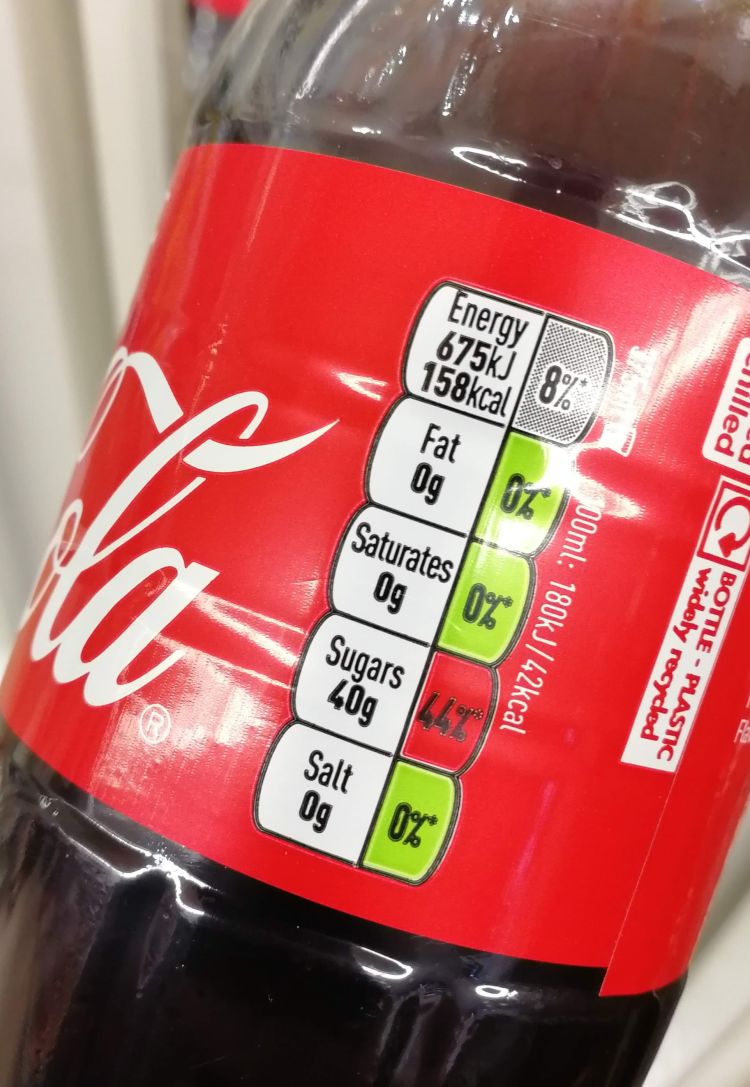
Sugar is not a sustainable source of fuel. It doesn’t keep us full for very long and we end up eating in excess. When we consume free sugars, i.e. sugars which do not come with a healthy dose of fibre or vitamins, what happens is that there is nothing to slow the sugar down and we get a rush of energy.
That is the moment when insulin kicks in and tries to get the blood sugar levels down and stable again. So, we have a dip right after a spike, and the signal that is sent to our brain is that we are hungry again and we need more food. But the more sugar we eat and the more spikes we get, the more resistant our bodies become. The highs don’t feel as high and the lows feel much lower. We need a bigger dose to satisfy the same craving, and that is one way that sugar acts like what we think of as a drug.
But our bodies do not really need sugar. Sugar should not exceed 5% of our daily food intake, and while in the UK the average is of about 15%, we could survive with zero. This is because sugar is nothing more than the simplest form of carbohydrates. When we eat bread and pasta, that is then broken down into simple sugars. Our bodies are not deprived of anything when we stop eating sugar.
This is why Dr Williams is sceptic about those so-called withdrawal symptoms when it comes to sugar. While it might be hard to quit sugar cold turkey, because we miss something that gave us joy and had a very pleasurable taste, people who lament cravings when going sugar-free are probably experiencing a psychological response to it more than physiological symptoms, says Dr Williams.
So, since sugar is not a drug, the solution to the obesity epidemic is not to eliminate it – or any other nutrient – completely from our diets. What Dr Williams advises is a balance of all nutrients, such as in the Mediterranean diet.
She also strongly believes in the implementation of the sugar tax: 20p more on a bottle of coke will definitely encourage people to go for the diet version. In fact, the main concern that nutritionists have when it comes to fighting the obesity epidemic is sugary drinks. These as well as processed foods, are items where there is an awful lot of hidden sugars that people don’t realise they are having.
So ultimately, was it that hard to quit sugar? I didn’t feel so. It was a bit frustrating at times, not being able to eat out and having to prepare and pack every meal. Though once I got settled on a new food routine it wasn’t much of struggle at all. But I also don’t feel like it was really worth it. I did not lose weight or body fat, I did not feel healthier or fuller after meals. And the first bite of something sugary at the end of it all was not that amazing, it actually had quite a sickening taste to it.
I don’t know if it was because I wasn’t consuming much sugar to begin with or just because my body was making up for it through other sources, but whichever it was, I didn’t find this challenge to be helpful at all as a diet. But I still do recommend people try it for themselves. The shock I experienced realising how much sugar I was unknowingly putting in my body and the research I had to do to be able to undergo this challenge was the biggest payoff. We don’t need sugar at all, and maybe if more people tried going sugar-free, we would realise that what we call an addiction can easily be defeated.

